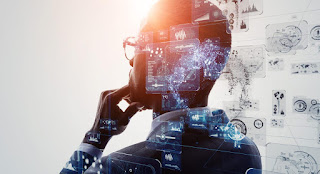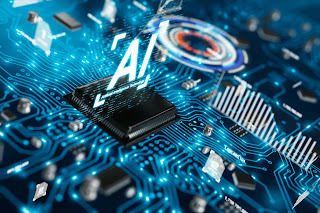How Artificial Intelligence is Changing Healthcare

Artificial Intelligence (AI) is revolutionizing the healthcare industry by improving patient outcomes, reducing costs, and increasing efficiency. It is being used in various areas of healthcare, including diagnostics, drug development, and patient monitoring. One of the key ways AI is changing healthcare is through its ability to assist with diagnostics. AI algorithms can analyze medical images, such as X-rays and CT scans, and identify potential issues that a human radiologist might miss. Additionally, AI algorithms can analyze electronic health records and identify patterns that may indicate a certain condition. This can help doctors make more accurate diagnoses, which can lead to better patient outcomes. Another way AI is changing healthcare is through its role in drug development. AI algorithms can be used to analyze large amounts of data to identify potential drug targets and predict how different compounds may interact with the body. Th...








